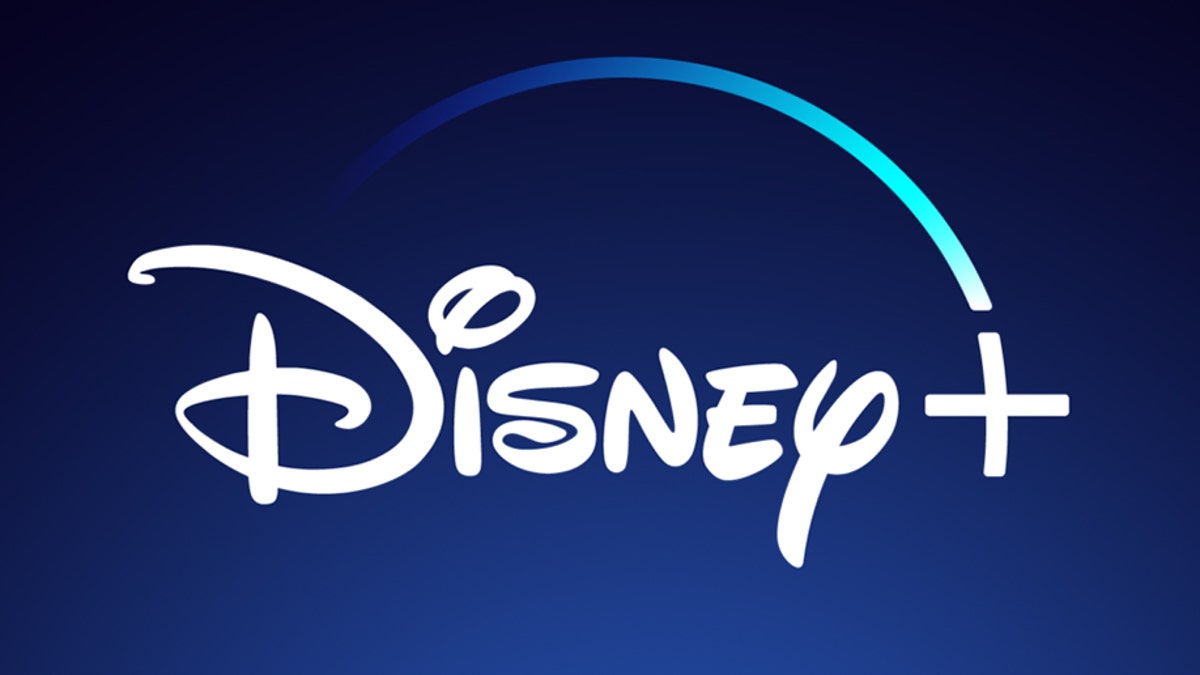Man calls pro-Israel protesters 'Nazis' and 'pigs' in Cambridge
Demonstrators faced off outside Cambridge City Hall in Massachusetts where slurs were exchanged, including one man calling the Israel side "animals," "pigs" and "Nazis."
An anti-Israel protester called for a boycott of Nike while wearing sneakers bearing the apparel brand's iconic checkmark logo.
"We call on you to boycott Starbucks, McDonald's, Disney, Nestlé, Coca-Cola, Pizza Hut, Burger King, Pepsi, Domino's, Papa John’s, Nike, CeraVe and Airbnb, Subway, Walmart and Dasani," the protester said in a video posted to X on Wednesday. "The list goes on. This demonstration should make our demands clear."
The anti-Israel protester, who spoke at San Diego State University during a rally, wore jeans, a black hoodie and what appeared to be Nike Air Force 1 shoes as she demanded the boycott. The apparel company hasn't issued a public statement about the Israel-Hamas war, though its CEO emailed staff a week after condemning the attacks in Israel and the lives lost during the assault and Israel's response, Bloomberg reported.
Pro-Palestinian and pro-Israeli protests alike have broken out across the U.S. following Hamas' deadly Oct. 7 ambush that led the Israeli government to declare war and launch retaliatory attacks on Gaza. At least 7,900 people, including hundreds of civilians, have been killed on both sides since the first assault.
The Nike-wearing protester stood in front of a group of demonstrators holding a sign that read "End U.S. funds to Israel. Free Palestine." One X user pointed out that one person holding the message was wearing Converse, which Nike owns.
In another video posted to X, some demonstrators could be heard chanting "From the river to the sea, Palestine will be free," which the Anti-Defamation League notes can be understood as a call for the elimination of Israel.
The Nike head of the Europe, Middle East and Africa division emailed staff members about the devastating impact of the violence shortly after Hamas' attack, Bloomberg reported. Nearly a week later, CEO John Donahoe sent a company-wide message denouncing the "horrific attacks in Israel, tragic loss of innocent Israeli and Palestinian lives."

An anti-Israel protester calls to boycott numerous companies for supporting Israel in the war, including Nike, even as she wore sneakers bearing the apparel brand's logo. (Screenshot courtesy: X User @AddisonSmithTV)
STARBUCKS SUES UNION AMID BACKLASH TO UNION'S PRO-PALESTINE TWEET
Meanwhile, sharp disagreements over the Israel-Hamas war have led some companies to take a stance on the conflict, causing backlash from opposing sides.
The Walt Disney Co., for example, announced Oct. 12 it would donate $1 million to an affiliate of the International Federation of Red Cross and Red Crescent Societies to provide emergency medical and blood banking services in Israel. The entertainment giant said another $1 million would go to other nonprofits working in the region, particularly those focused on child relief, but the company didn't name the organizations or specify if any aid would go to Gaza.
Disney did not immediately respond to a request for comment.

An anti-Israel protester listed 16 companies, including Disney, as organizations that need to be boycotted following their stances taken on the Israel-Hamas war. (Fox News)
CLICK HERE TO GET THE FOX NEWS APP
"In the wake of the horrific terrorist attacks targeting Jews in Israel this past weekend, we must all do what we can to support the innocent people experiencing so much pain, violence, and uncertainty — particularly children," Disney CEO Robert A. Iger said in a statement. "We condemn these attacks, the hate that motivated them, and all acts of terrorism, and we will continue working to find more ways to provide support in the region, and to honor the victims, their families, and all those affected by this war."
Other companies have avoided taking a stance on the conflict altogether to avoid alienating customers and investors, Bloomberg reported.
CEOs are "all asking the same question," Davia Temin, founder of New York crisis consultancy Temin and Company, told Bloomberg. "If you say something, it’s about what you say. But equally you are at risk if you say nothing, because silence is a statement, so silence is controversial, as well."












































